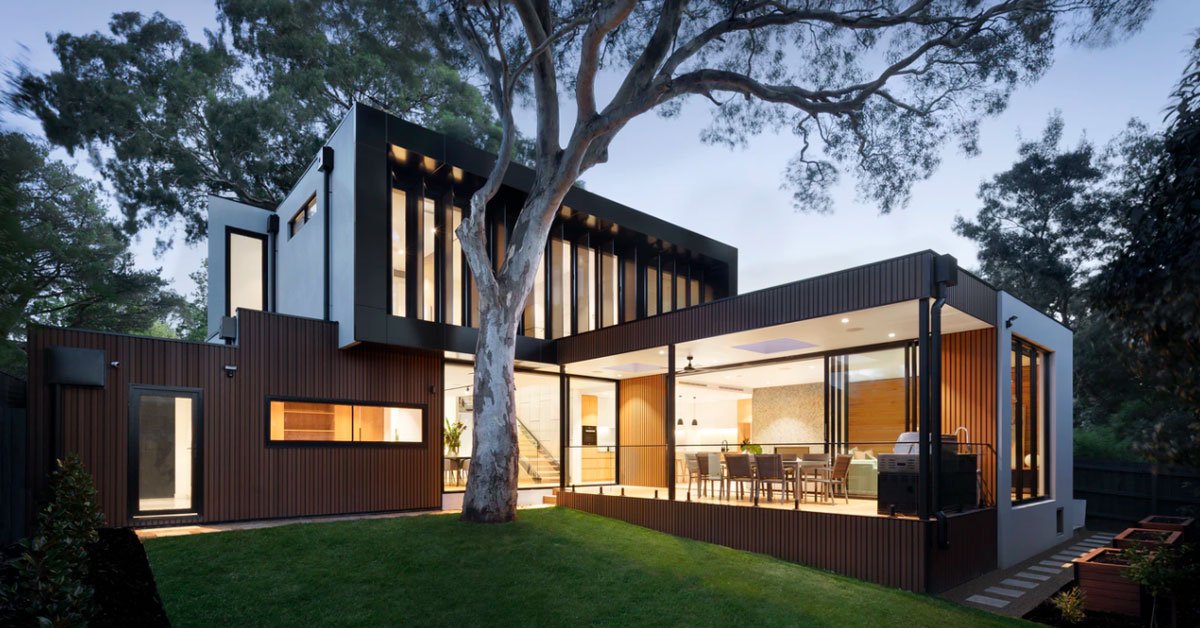As we look ahead to 2025, the real estate industry is experiencing rapid changes driven by evolving consumer preferences, advances in technology, and a growing demand for sustainability. The key factors shaping the real estate market in 2025 are luxury properties, technology integration, and eco-friendly homes. In this article, we explore how these trends will redefine the future of real estate, from cutting-edge tech innovations to green architecture and the continued rise of luxury living.
1. The Surge of Luxury Properties
Luxury real estate is set to continue its upward trajectory in 2025. As the global economy stabilizes, more affluent buyers are seeking exclusive and high-end living experiences. The demand for luxury homes, particularly in key cities around the world, is expected to rise, with buyers looking for properties that offer both sophistication and exclusivity.
Key Features Driving the Luxury Market:
- Private Residences: Buyers are looking for privacy and security, preferring standalone villas or penthouses with state-of-the-art security features.
- Customizable Spaces: Luxury homes will offer bespoke designs and high-quality materials, allowing owners to personalize interiors according to their preferences.
- Smart Home Technology: From voice-activated systems to AI-powered security, tech integration will play a key role in the appeal of luxury properties.
2. Tech Integration: The Rise of Smart Homes
Technology is no longer a luxury; it’s a necessity in modern homes. In 2025, smart homes will be more advanced and accessible than ever before. The integration of technology in real estate will enhance convenience, safety, and energy efficiency, transforming the way people live.
Key Technological Innovations:
- AI and IoT Integration: Homes will feature integrated AI (artificial intelligence) that can learn and adapt to the homeowner’s lifestyle. IoT (Internet of Things) devices will control everything from lighting and heating to security systems.
- Blockchain for Real Estate Transactions: Blockchain technology will revolutionize property transactions, making them more transparent, secure, and efficient by eliminating the need for intermediaries.
- Virtual Reality and Augmented Reality: Buyers will be able to explore properties using virtual reality (VR) and augmented reality (AR), experiencing the space remotely before making a purchase decision.
3. Green Homes: Sustainability Takes the Lead
Sustainability will be at the forefront of real estate development in 2025. With the growing concern over climate change and environmental impact, buyers are increasingly opting for eco-friendly homes. Developers are incorporating sustainable design and energy-efficient solutions into new properties, responding to the rising demand for green living.
Sustainable Features in Green Homes:
- Solar Panels and Renewable Energy: Solar power will become a standard feature in many new homes, reducing energy costs and carbon footprints.
- Energy-Efficient Appliances: Homes will be equipped with energy-efficient appliances that minimize electricity usage, including LED lighting, smart thermostats, and water-saving fixtures.
- Sustainable Materials: Developers will use eco-friendly building materials, such as recycled steel, sustainable timber, and green roofing, to reduce environmental impact.
- LEED Certification: Many new developments will aim for LEED (Leadership in Energy and Environmental Design) certification, showcasing their commitment to sustainability.
4. Urbanization and Smart Cities: The Future of Living
As urbanization continues to increase, smart cities will emerge as the next big trend in real estate. Cities are becoming more connected and intelligent, with urban planners integrating technology to create efficient, sustainable, and livable spaces.
Smart City Features:
- Smart Infrastructure: From self-sustaining buildings to intelligent waste management systems, smart cities will use technology to improve the quality of life.
- Connected Transportation: Electric vehicles, autonomous cars, and bike-sharing programs will reduce congestion and pollution in urban areas.
- Digital Living: Urban areas will offer high-speed internet, IoT devices, and seamless connectivity, making it easier for residents to live and work remotely.
5. The Shift Towards Remote Work: Impact on Real Estate
The rise of remote work is another factor influencing the future of real estate in 2025. With more people working from home, there is a growing need for homes that support a work-from-home lifestyle. Homebuyers are looking for spaces with dedicated home offices, soundproof rooms, and high-speed internet access.
Home Design Shifts:
- Dedicated Office Spaces: Properties with separate rooms designed for remote work are becoming increasingly popular.
- High-Speed Internet and Connectivity: As remote work relies heavily on technology, properties with robust internet infrastructure will be in high demand.
- Flexible Living Spaces: Homes will offer adaptable spaces that can serve multiple purposes, including work, leisure, and entertainment.
Conclusion: Real Estate’s Bright Future in 2025
The future of real estate in 2025 is set to be defined by luxury, technology, and sustainability. From high-end smart homes to eco-friendly designs, the market is evolving to meet the needs of a tech-savvy and environmentally-conscious population. As buyers and investors look for properties that offer modern amenities, energy efficiency, and exclusivity, the real estate industry is primed for growth.
Whether you’re looking to invest, buy, or sell, understanding these emerging trends will help you make informed decisions and stay ahead in the competitive real estate market.






Join The Discussion